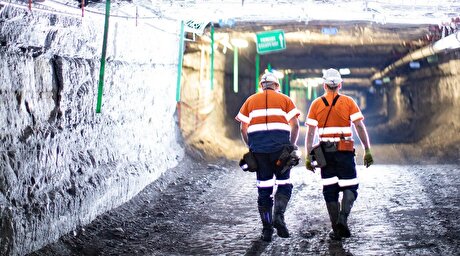
Japan-South Korea dispute threatens scrap flows
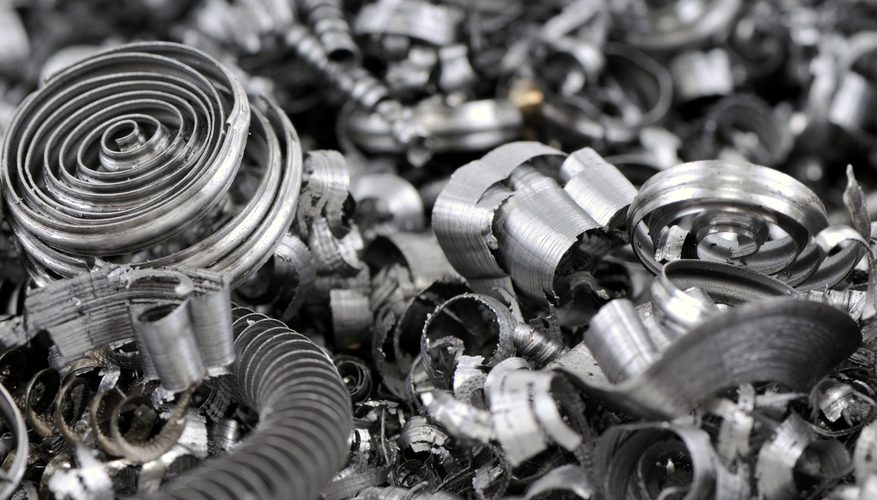
The latest flashpoint in the countries' deepening trade dispute is radiation from the Fukushima nuclear disaster in 2011. South Korea has imposed checks on Japanese scrap imports for radiation, slowing down customs clearance and raising the risk that cargoes will be rejected and sent back. Japanese scrap suppliers have halted sales to South Korea to avoid that risk.
South Korea is the largest market for Japanese steel scrap, importing 4mn t/yr from Japan over the past two years. Japan exported 7.4mn t of steel scrap in 2018.
Japan exported about 2mn t of scrap to South Korea in January-June. Japanese scrap suppliers are now in a tight spot on whether to export to other countries or sell into domestic markets in order to shift their excess July-December supply of around 1.5-2mn t. South Korean mills will likewise need to make up the shortfall with other supply.
China's large ferrous scrap market is no longer an option after Beijing imposed restrictions to discourage imports.
The logical targets for Japanese exporters would be its next largest customers, Vietnam and Taiwan.
Japan's second biggest export market is Vietnam, which imported 1.57mn t of scrap from Japan out of 4.76mn t total in 2018. Taiwan imported 446,757t of ferrous scrap from Japan out of 3.5mn t of total imports in 2018. Both countries, as well as other Asean countries, have the capacity to take more imports, but sellers want to minimise the effect such a large swing in supply could have on prices.
Japanese export prices expected to fall
Asian buyers of imported Japanese scrap expect the trade spat to pressure Japanese scrap prices lower, which might explain why the seaborne scrap market has been quiet for the past few weeks in northeast and southeast Asia.
Taiwanese imported containerised ferrous scrap prices have drifted lower in August on the reduced demand. The weekly Argus containerised ferrous HMS 1/2 80:20 index has fallen by $10/t, or 3.5pc, to $273/t cfr Taiwan in the two weeks to 16 August.
In order to attract buyers, Japanese suppliers will be under pressure to reduce offer prices so that mills will consider taking the scrap over other origins. Most Taiwanese or Vietnamese producers will likely opt for Japanese scrap if the price is right because of shorter delivery time. Japanese shipments can reach these destinations in 4-6 weeks, around half the time for shipments from the US.
Japanese scrap exports primarily ship in bulk by barge or small vessels, not in containers. Taiwan has a cost advantage with freight around $10/t lower than to Vietnam, while North Vietnam freight costs are higher than South Vietnam because of greater port delays that could intensify from an increase in imports.
If Japanese suppliers decide to shift the supply mainly to other export destinations, this might increase competition with other origins to send seaborne prices lower. Most domestic markets in Asia currently face weaker demand for finished steel products, keeping mill buyers cautious on scrap purchase prices and volumes.
Excess supply to pressure Japan's domestic market
Should Japan decide to keep the excess scrap for its own usage, Japanese mills will mostly likely purchase this at a discounted price as steel producers in the country are also contending with oversupply.
Japanese mills have recently been aggressively exporting billet and hot-rolled coil. Prices for the excess scrap will have to be cost effective for Japanese mills to produce the steel that will be sold at competitive prices for seaborne buyers to consider.
Both likely situations do not work in favour of scrap suppliers in Japan. Suppliers will have to decide soon on the best option, as the longer they delay, the more their operational costs will increase. Suppliers will not face additional storage costs unless inventories grow beyond their scrap yards' capacities.
South Korean steel mills have focused on collecting more domestic scrap to make up for the Japanese shortfall and have been very successful in increasing volumes sent to mills after increasing domestic scrap collection prices. South Korean mills will probably continue to source their scrap domestically for the near future, but might look for alternative seaborne scrap sources if domestic demand for steel products improve.


Eldorado to kick off $1B Skouries mine production in early 2026

Newmont nets $100M payment related Akyem mine sale

First Quantum scores $1B streaming deal with Royal Gold

Caterpillar sees US tariff hit of up to $1.5 billion this year
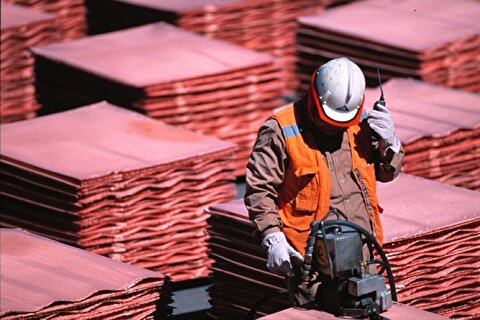
Copper price collapses by 20% as US excludes refined metal from tariffs

Gold price rebounds nearly 2% on US payrolls data

St Augustine PFS confirms ‘world-class’ potential of Kingking project with $4.2B value

B2Gold gets Mali nod to start underground mining at Fekola
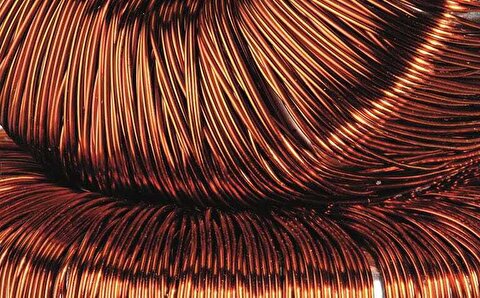
Copper price posts second weekly drop after Trump’s tariff surprise

NextSource soars on Mitsubishi Chemical offtake deal

Copper price slips as unwinding of tariff trade boosts LME stockpiles

SAIL Bhilai Steel relies on Danieli proprietary technology to expand plate mill portfolio to higher steel grades

Alba Discloses its Financial Results for the Second Quarter and H1 of 2025

Australia weighs price floor for critical minerals, boosting rare earth miners

Australia pledges $87M to rescue Trafigura’s Nyrstar smelters in critical minerals push

Fresnillo lifts gold forecast on strong first-half surge

Why did copper escape US tariffs when aluminum did not?
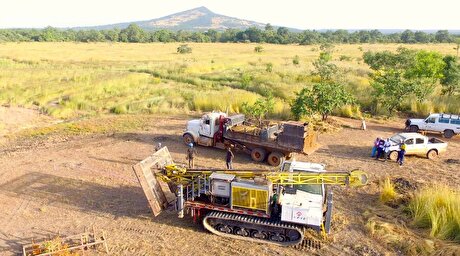
Fortuna rises on improved resource estimate for Senegal gold project

Caterpillar sees US tariff hit of up to $1.5 billion this year

NextSource soars on Mitsubishi Chemical offtake deal

Copper price slips as unwinding of tariff trade boosts LME stockpiles

SAIL Bhilai Steel relies on Danieli proprietary technology to expand plate mill portfolio to higher steel grades

Alba Discloses its Financial Results for the Second Quarter and H1 of 2025

Australia weighs price floor for critical minerals, boosting rare earth miners

Australia pledges $87M to rescue Trafigura’s Nyrstar smelters in critical minerals push

Fresnillo lifts gold forecast on strong first-half surge

Why did copper escape US tariffs when aluminum did not?

Fortuna rises on improved resource estimate for Senegal gold project














